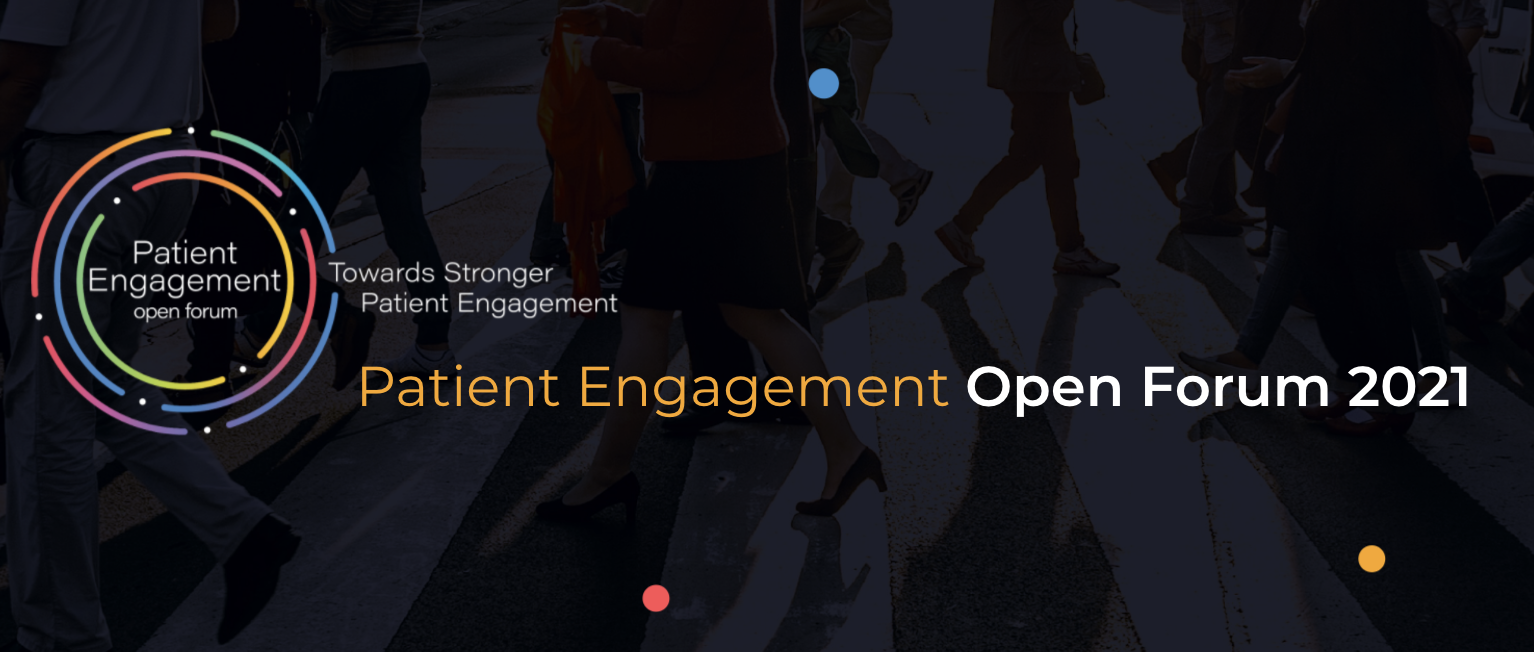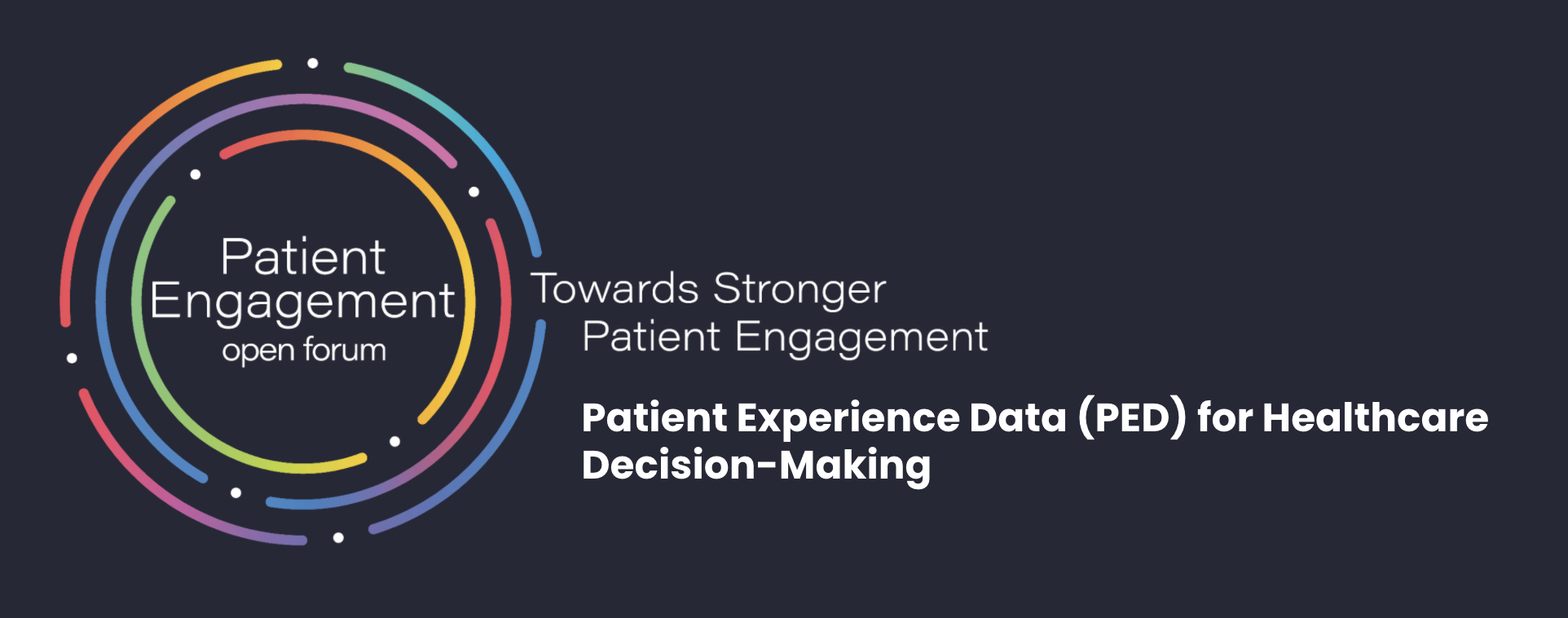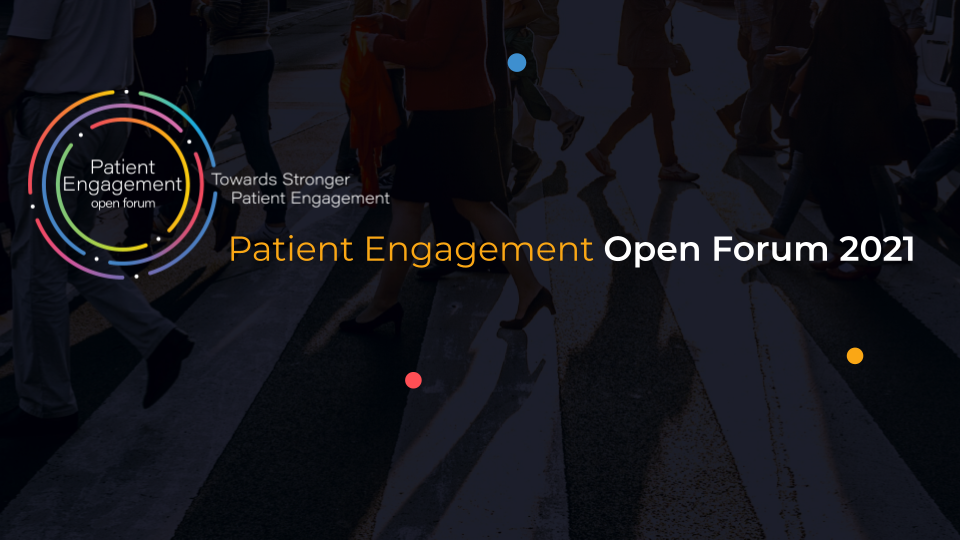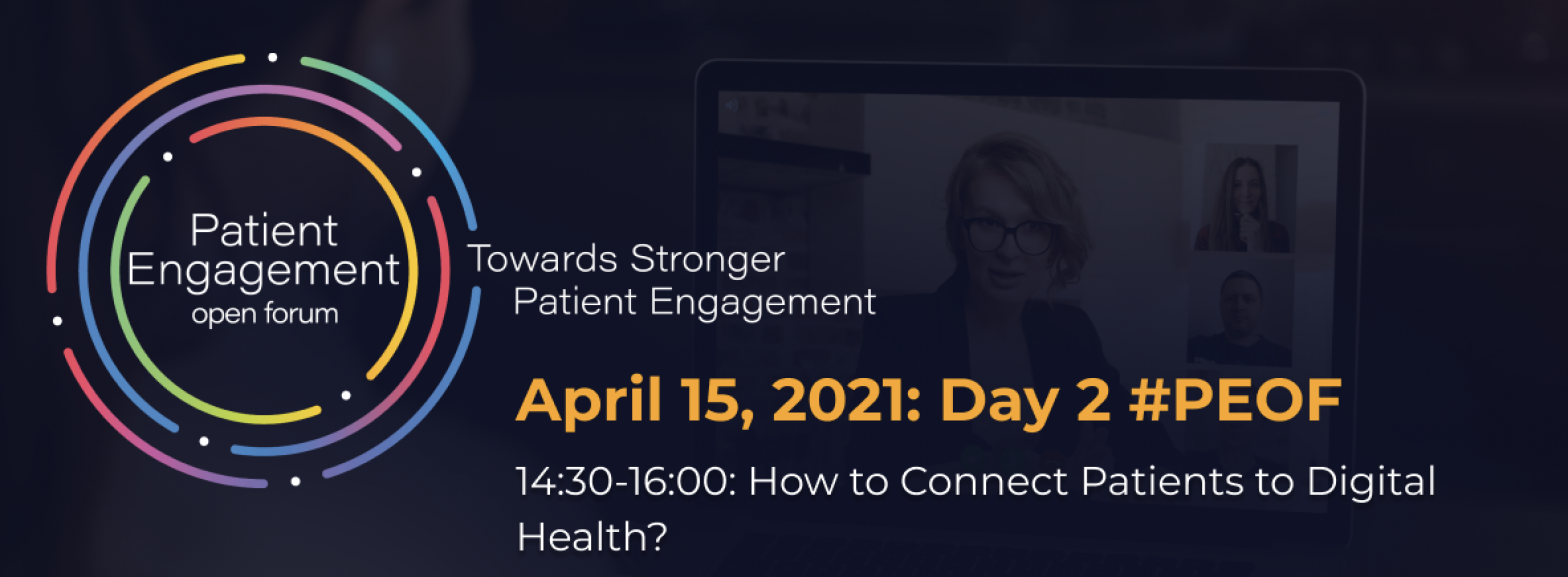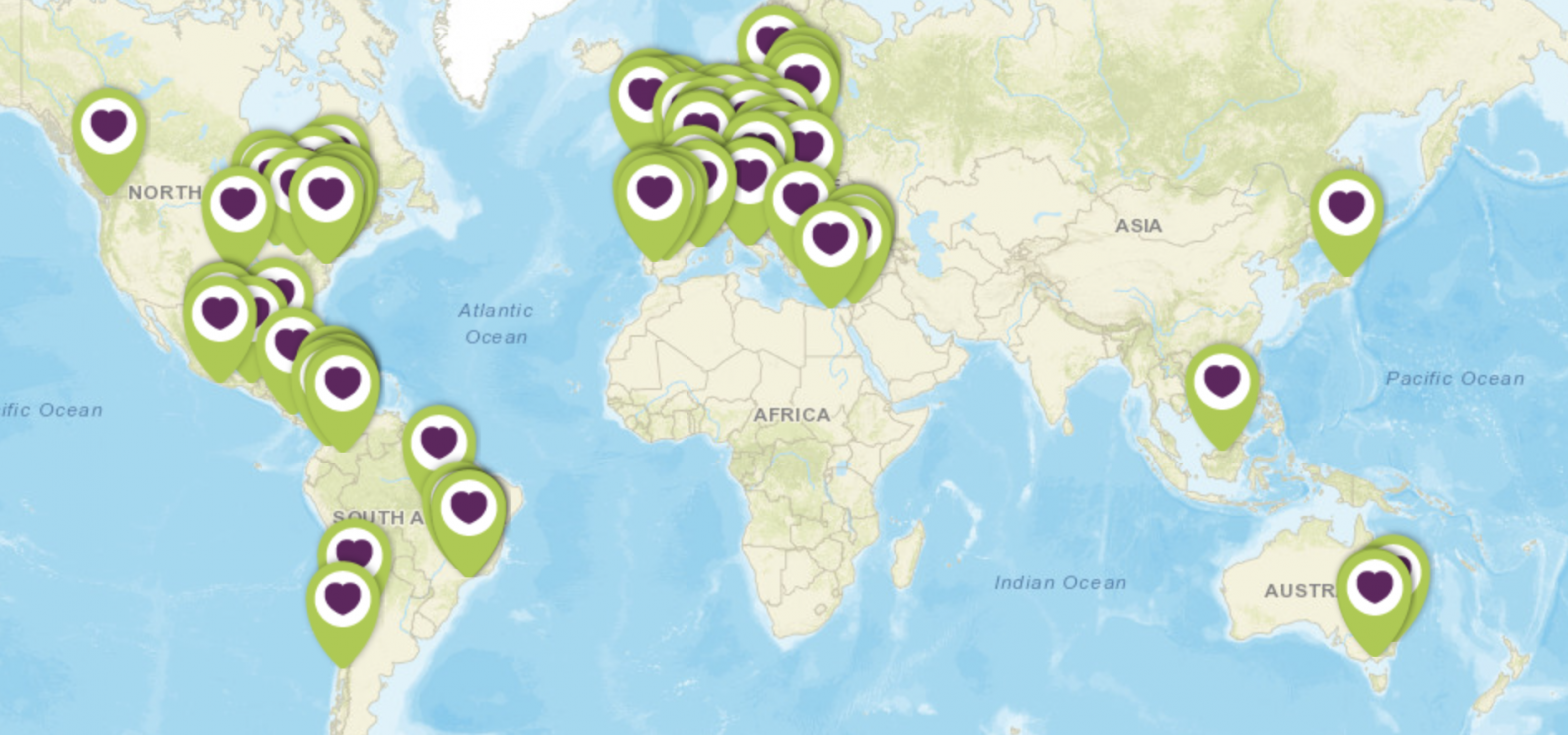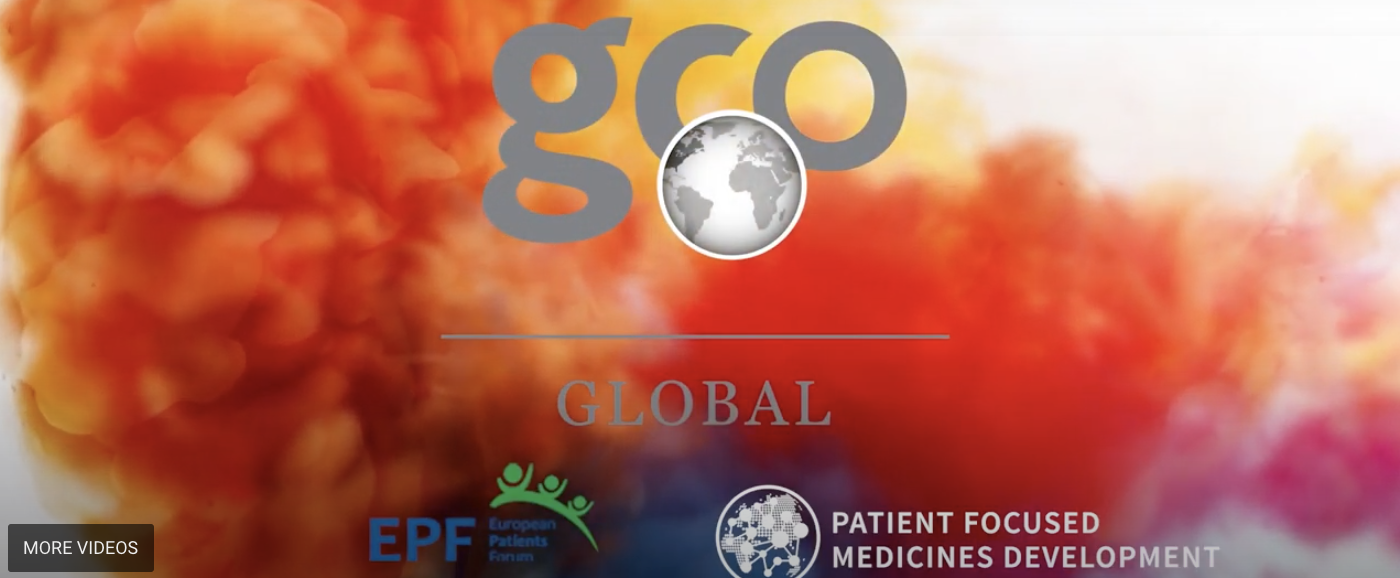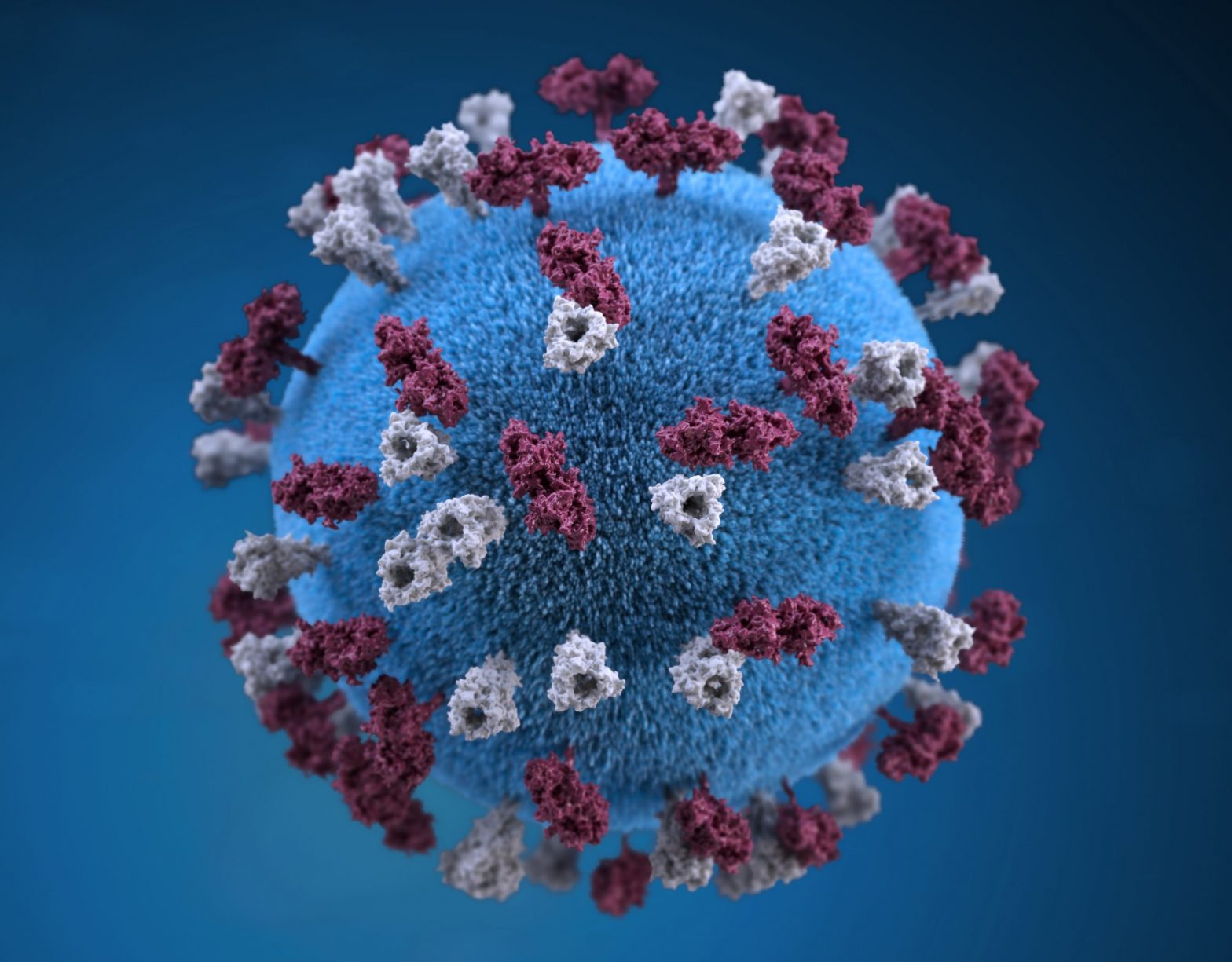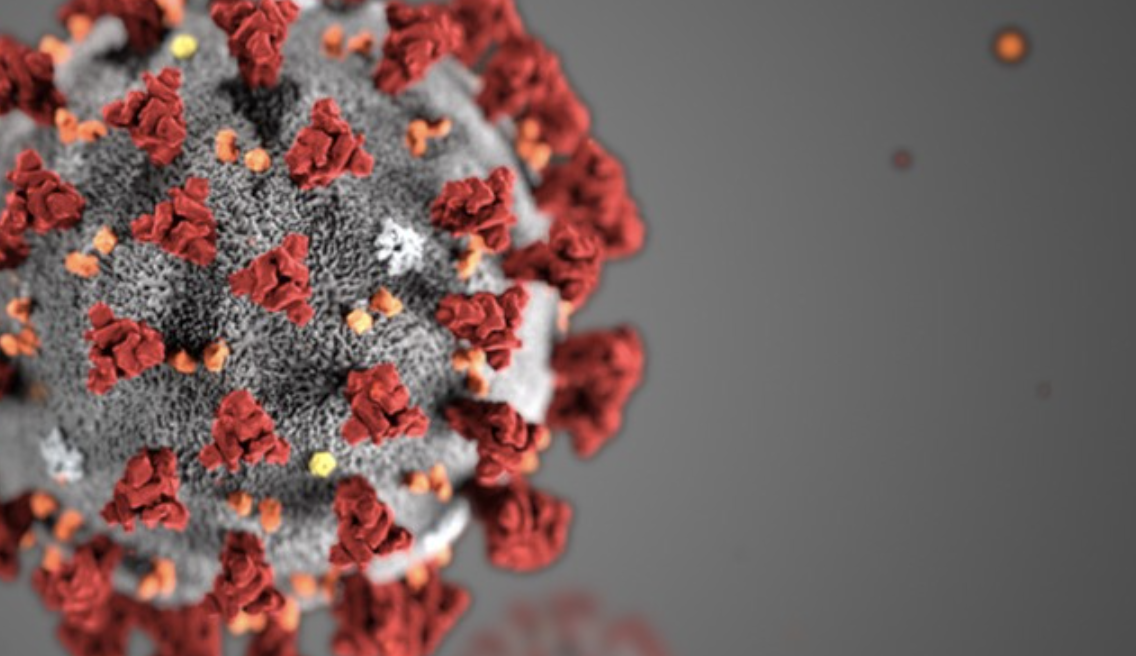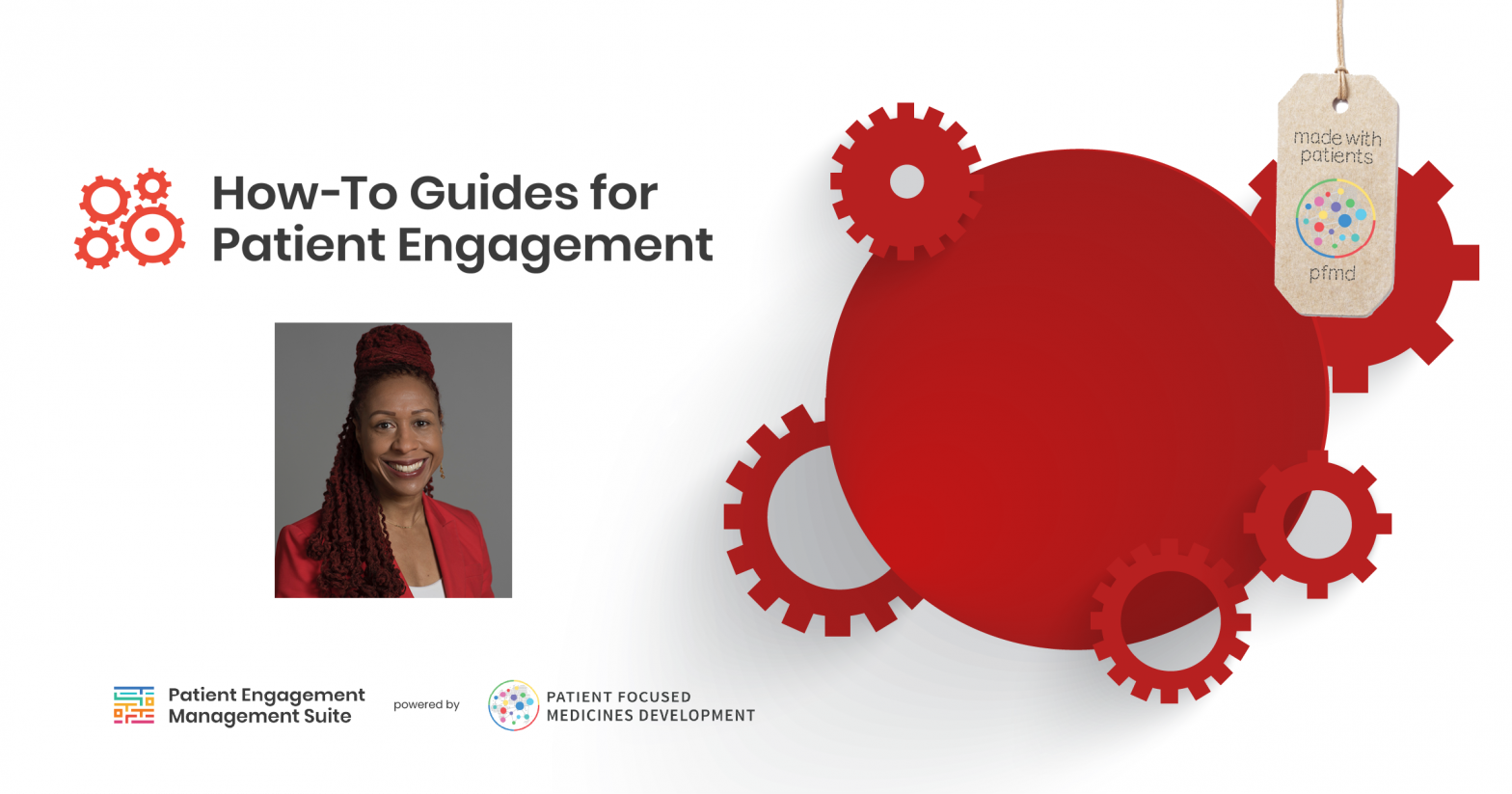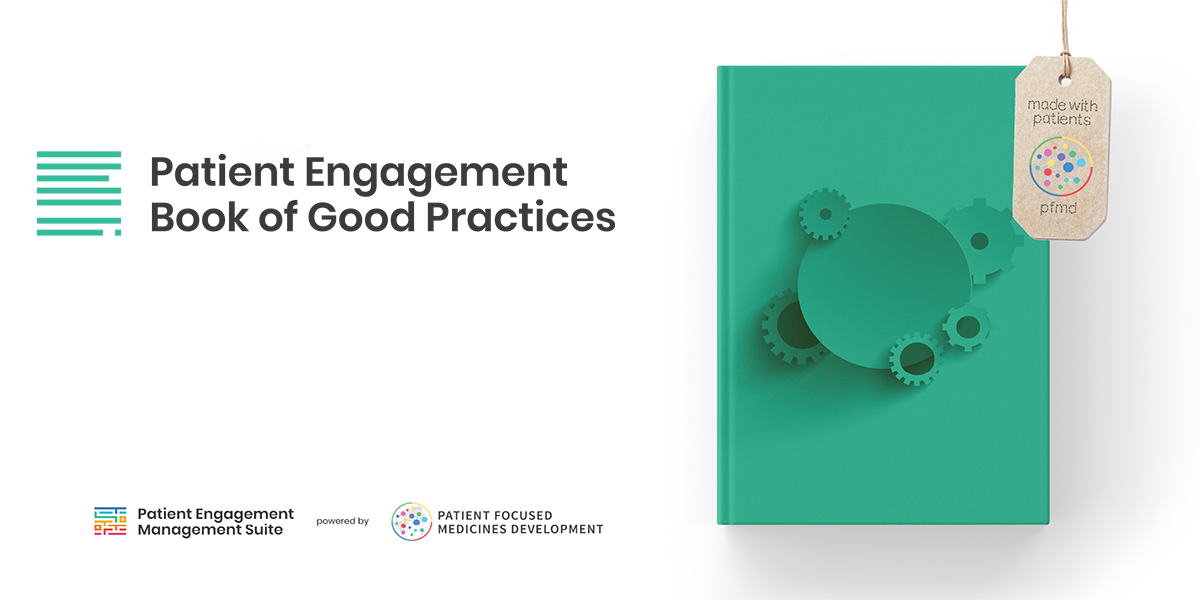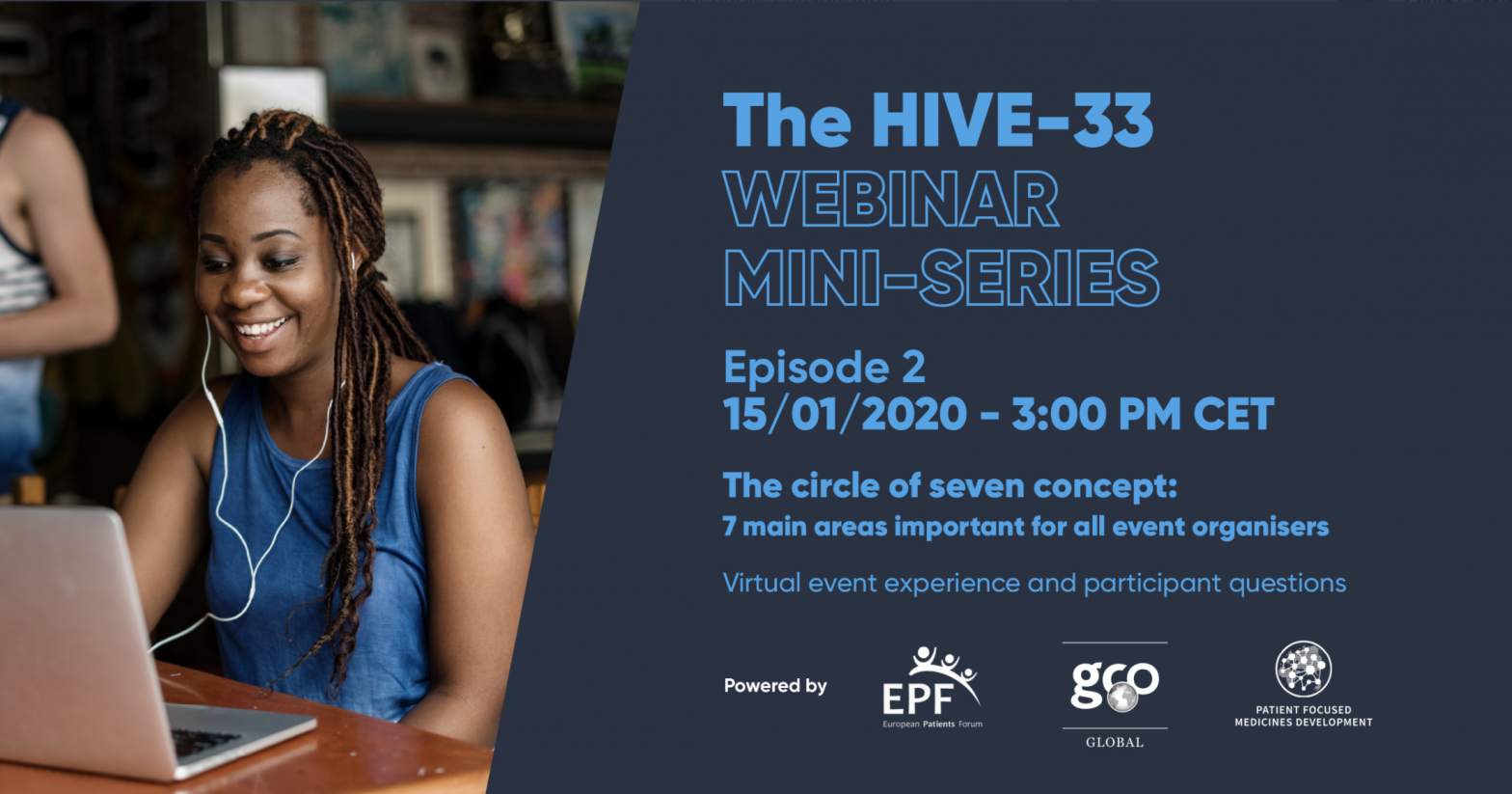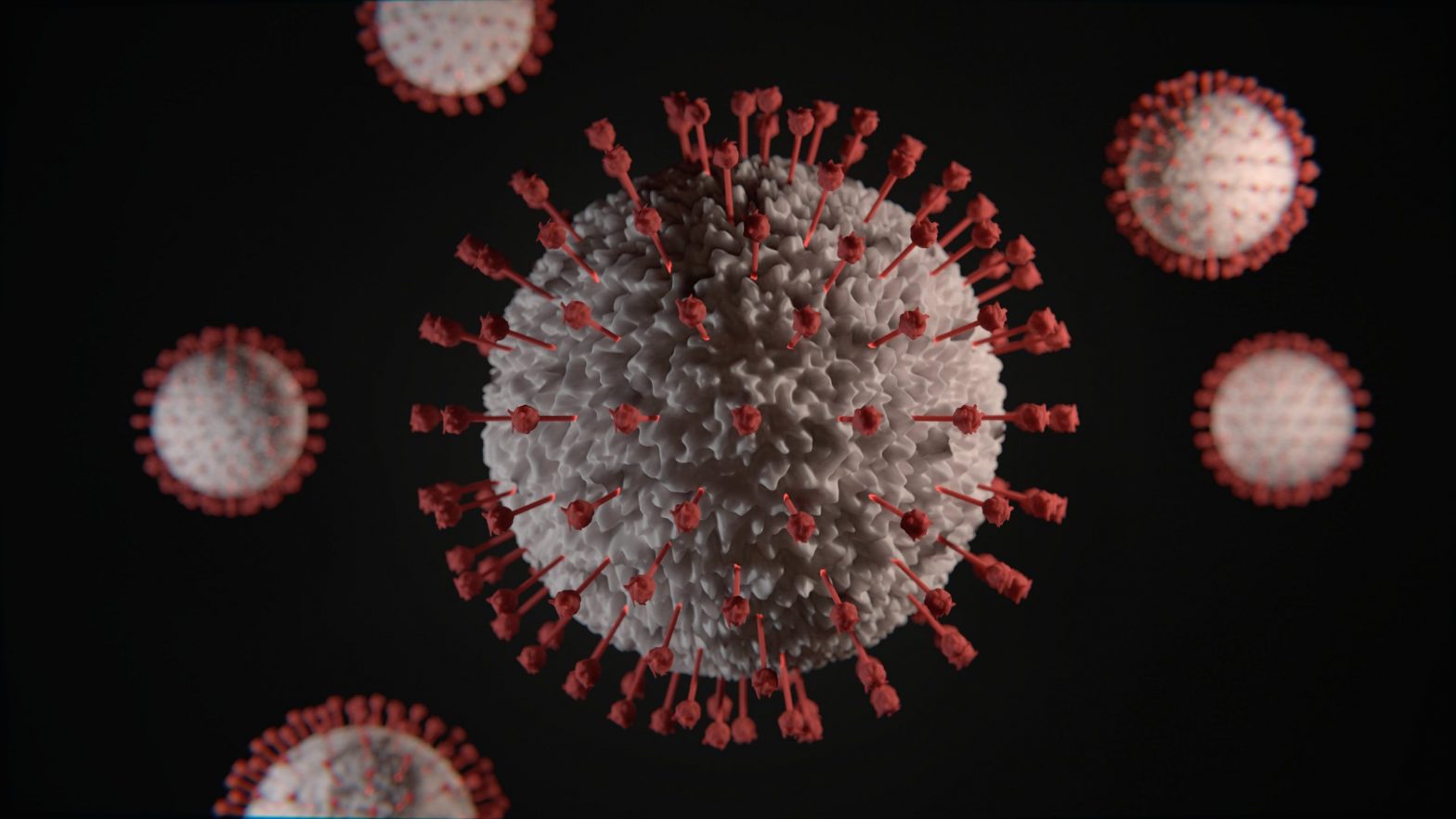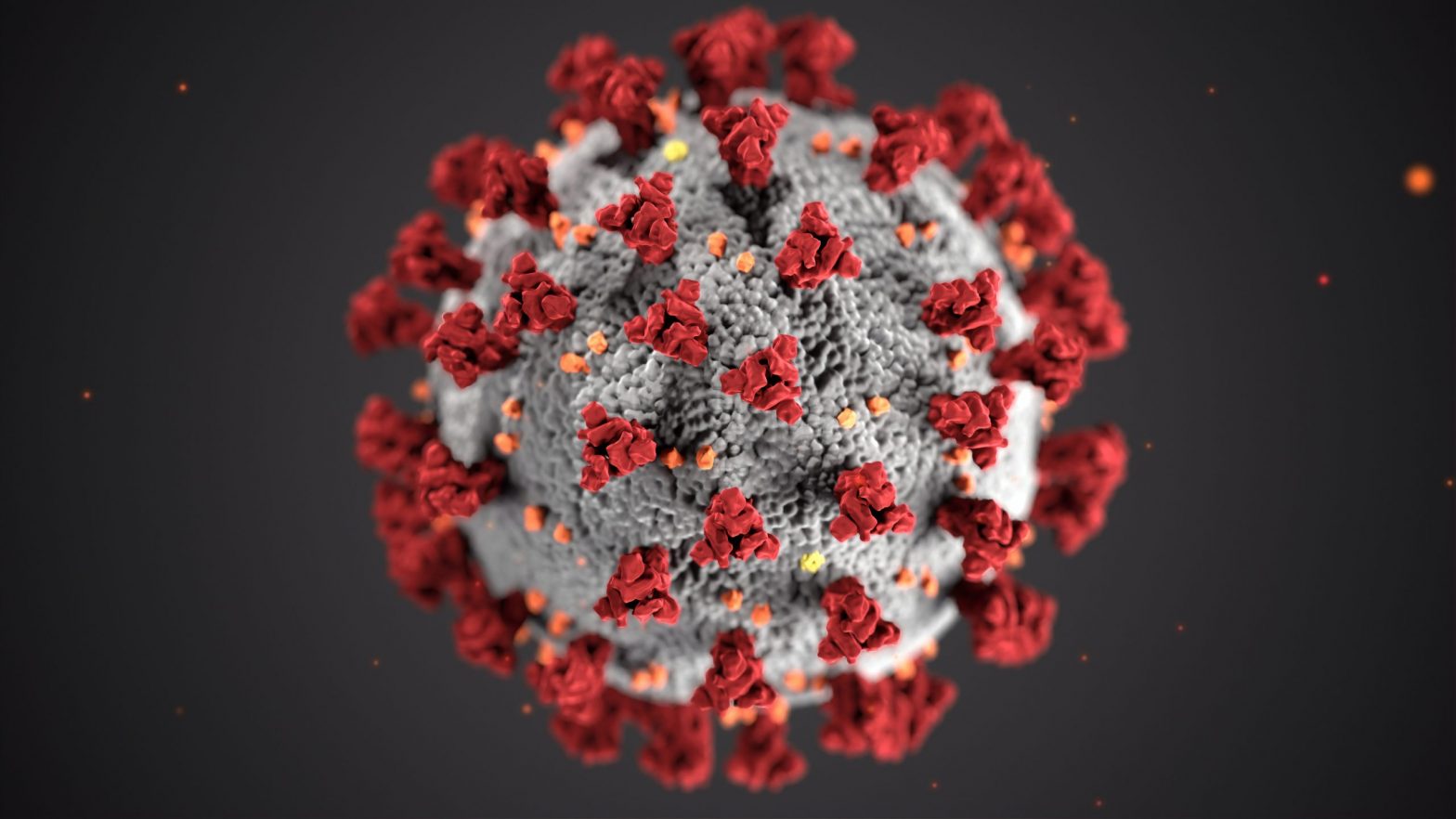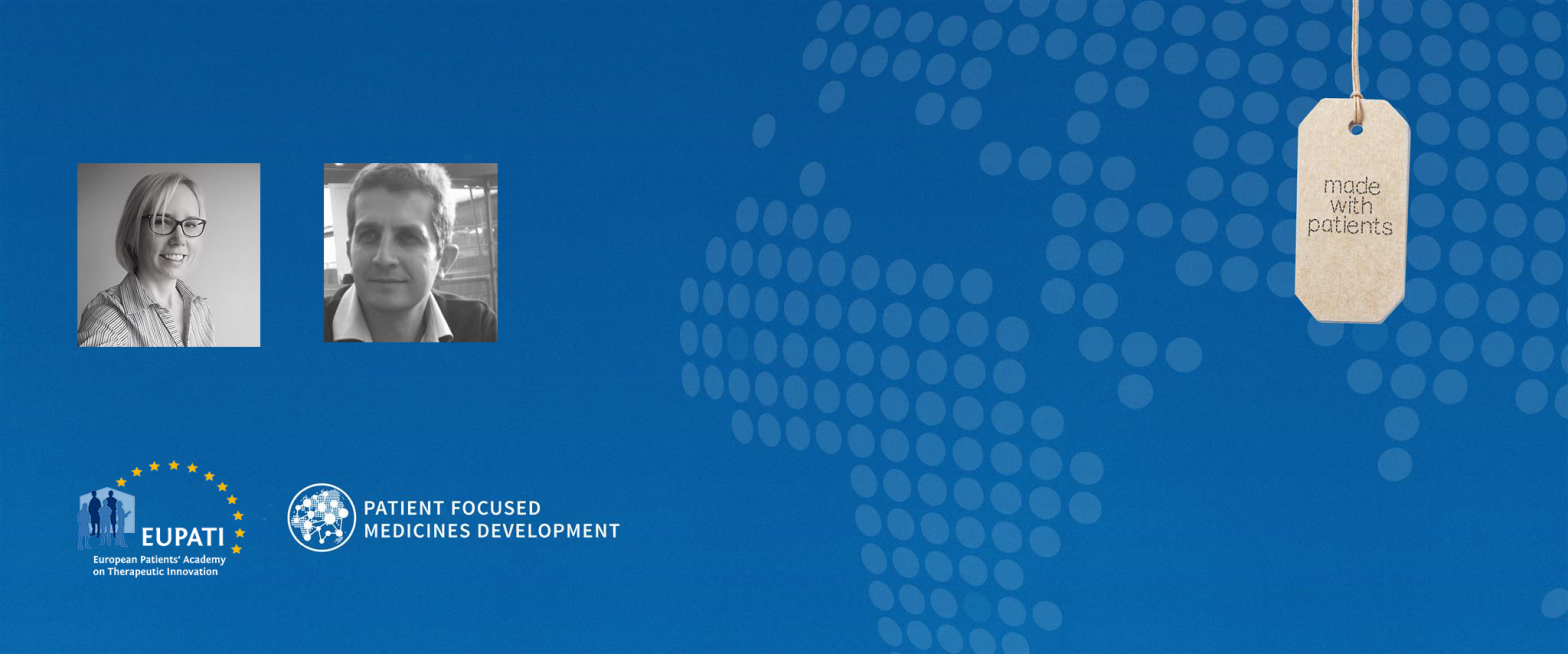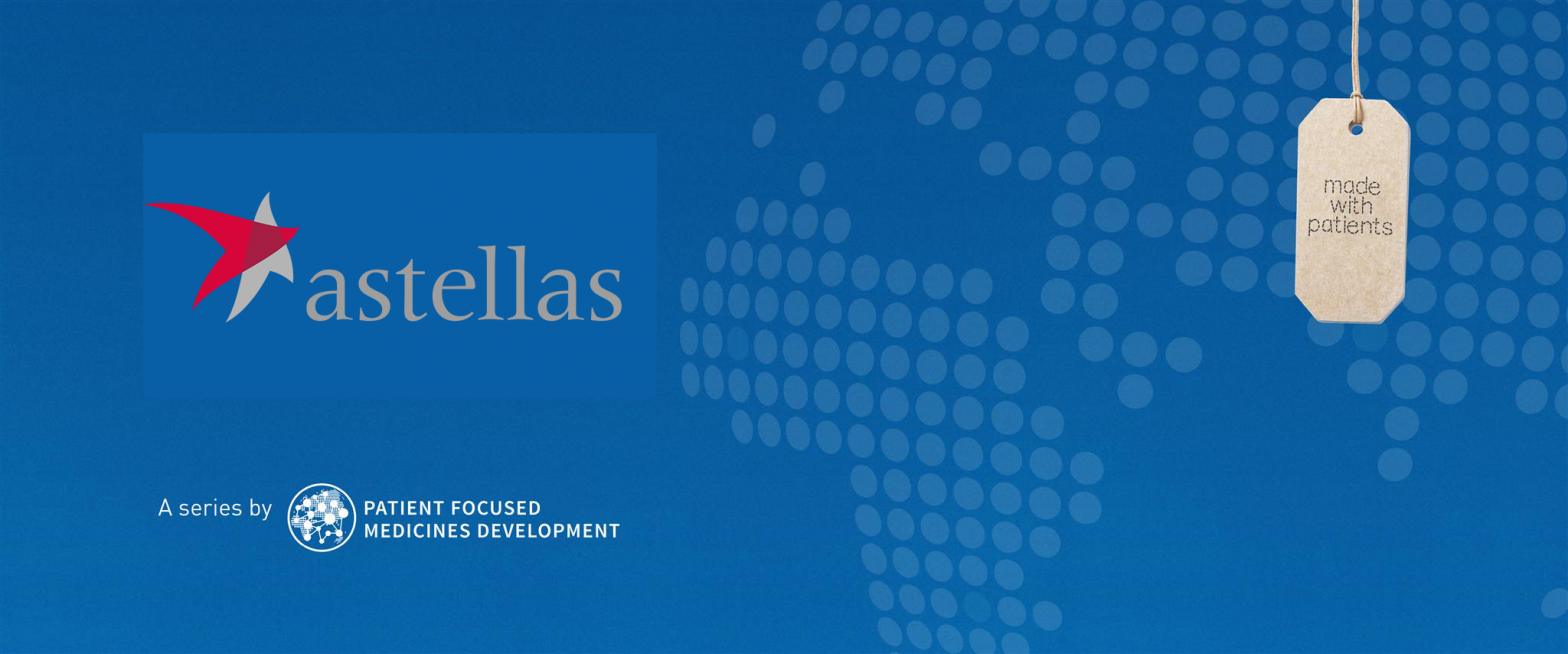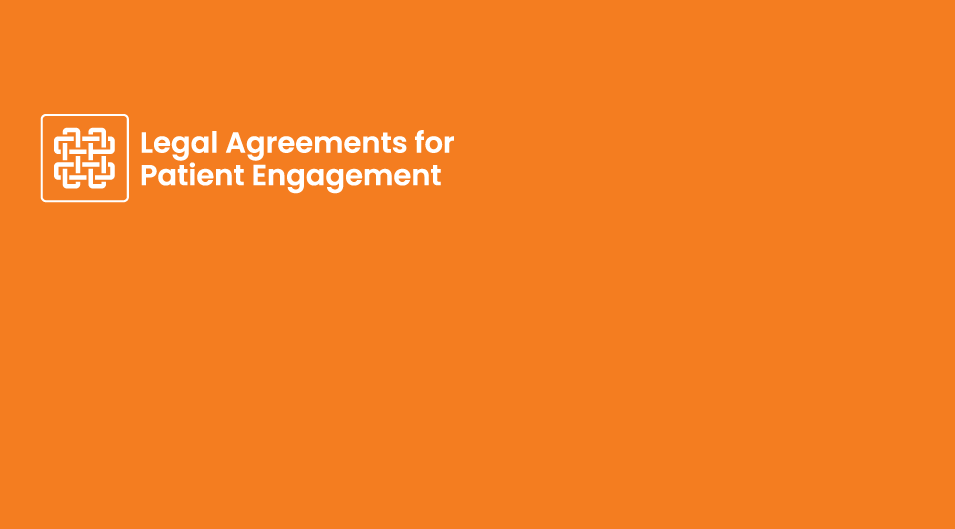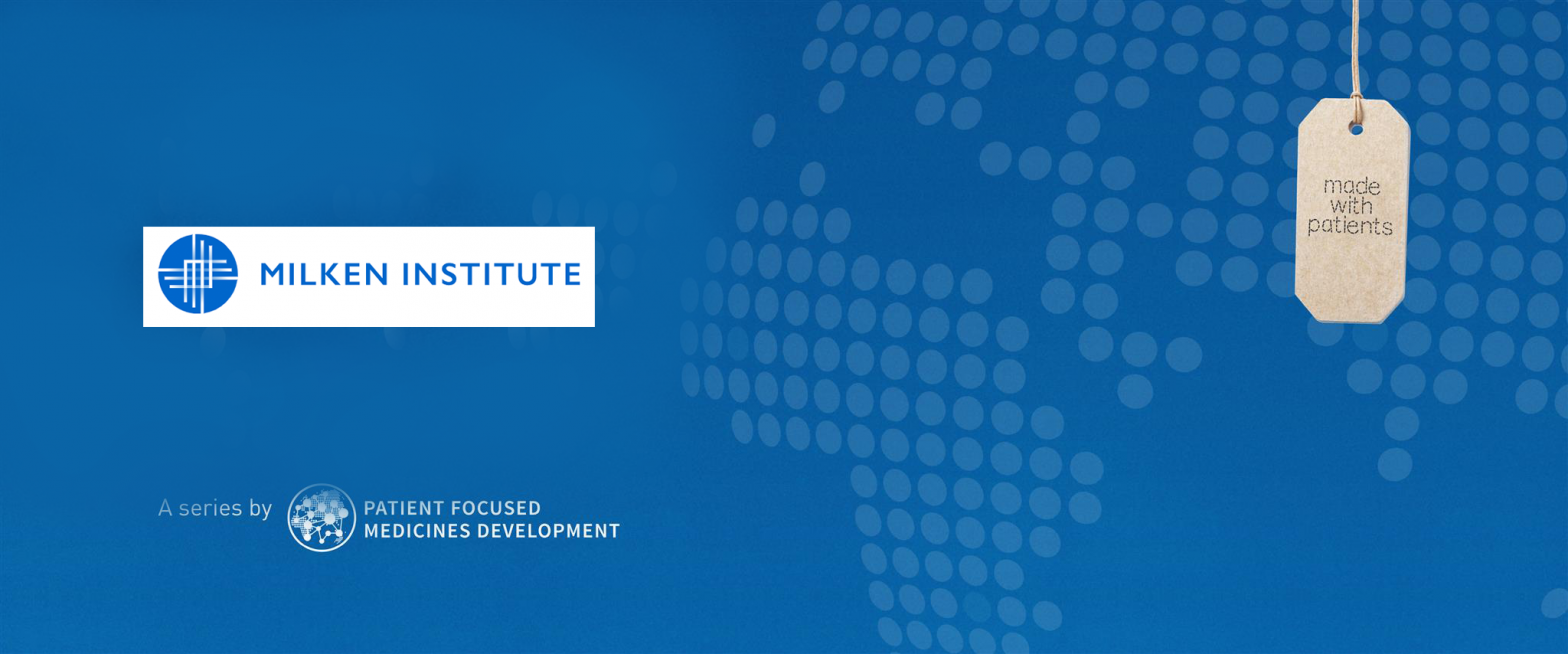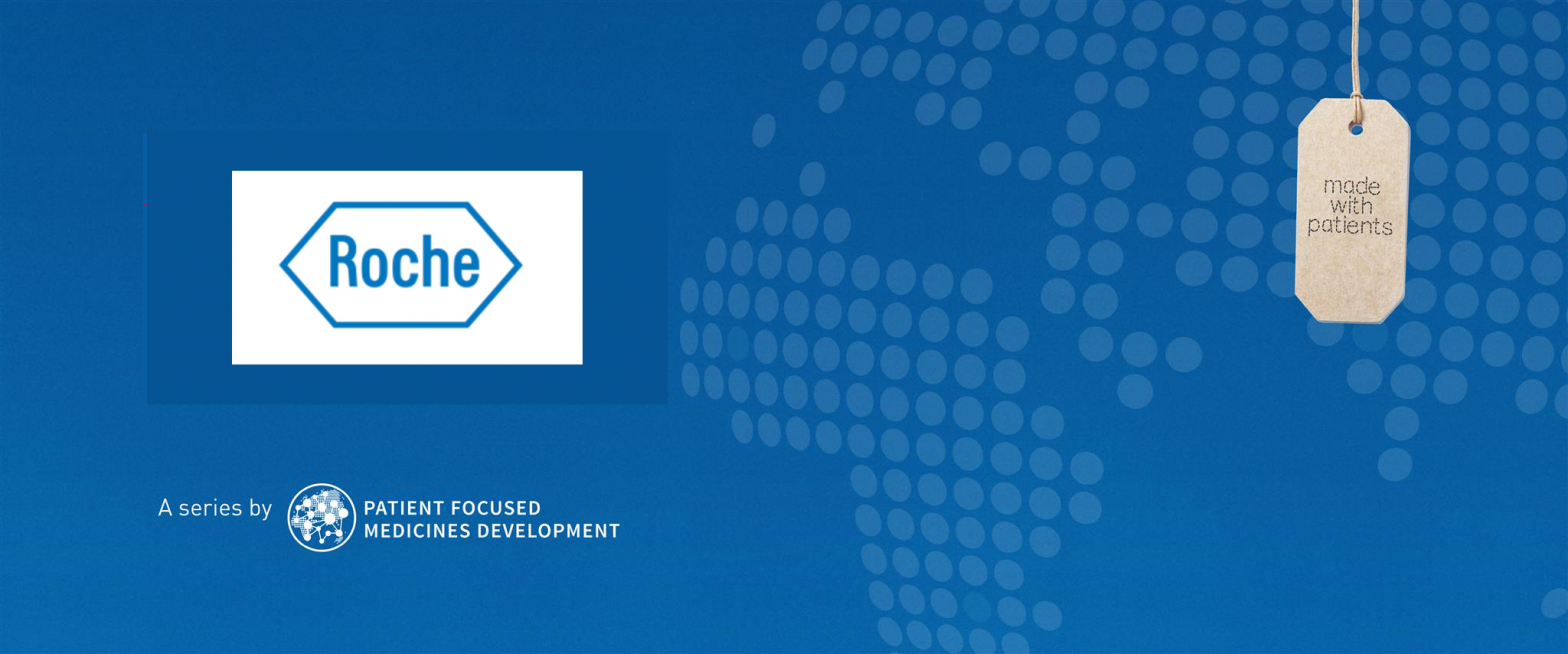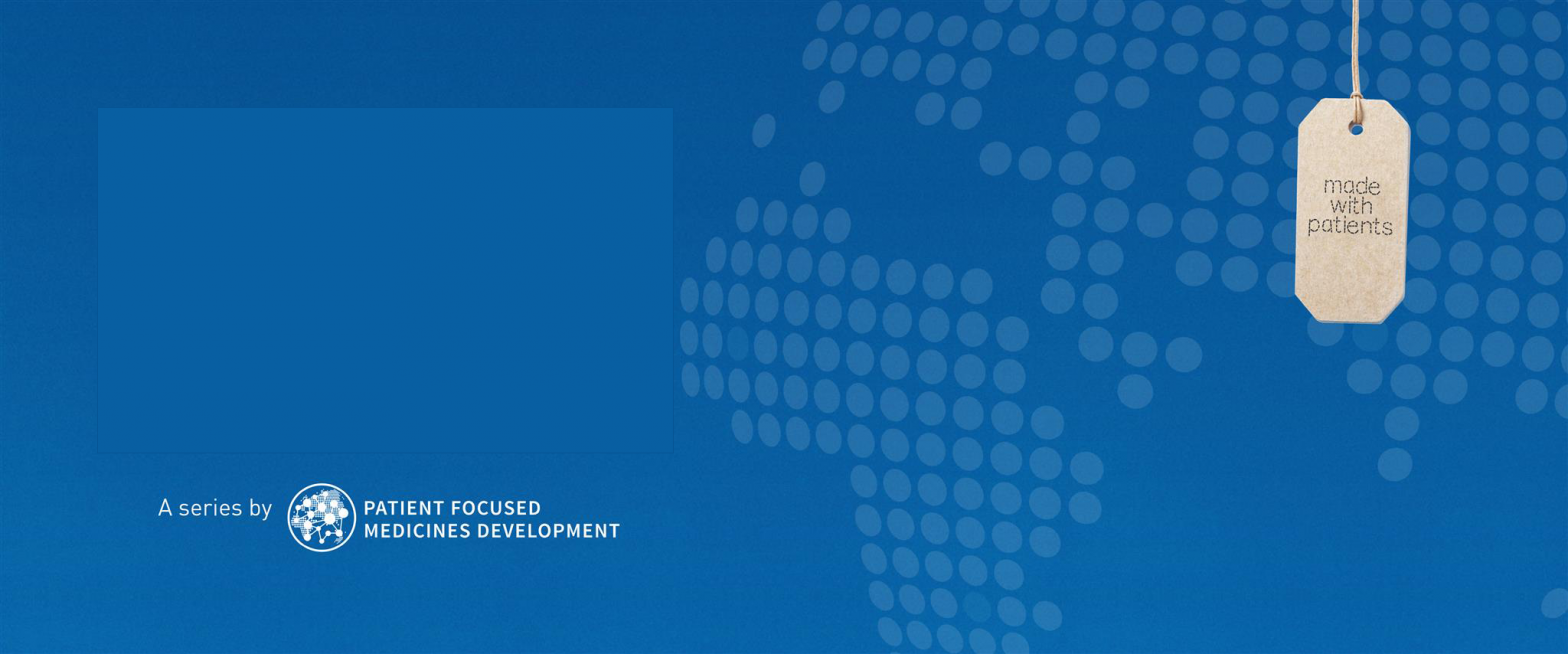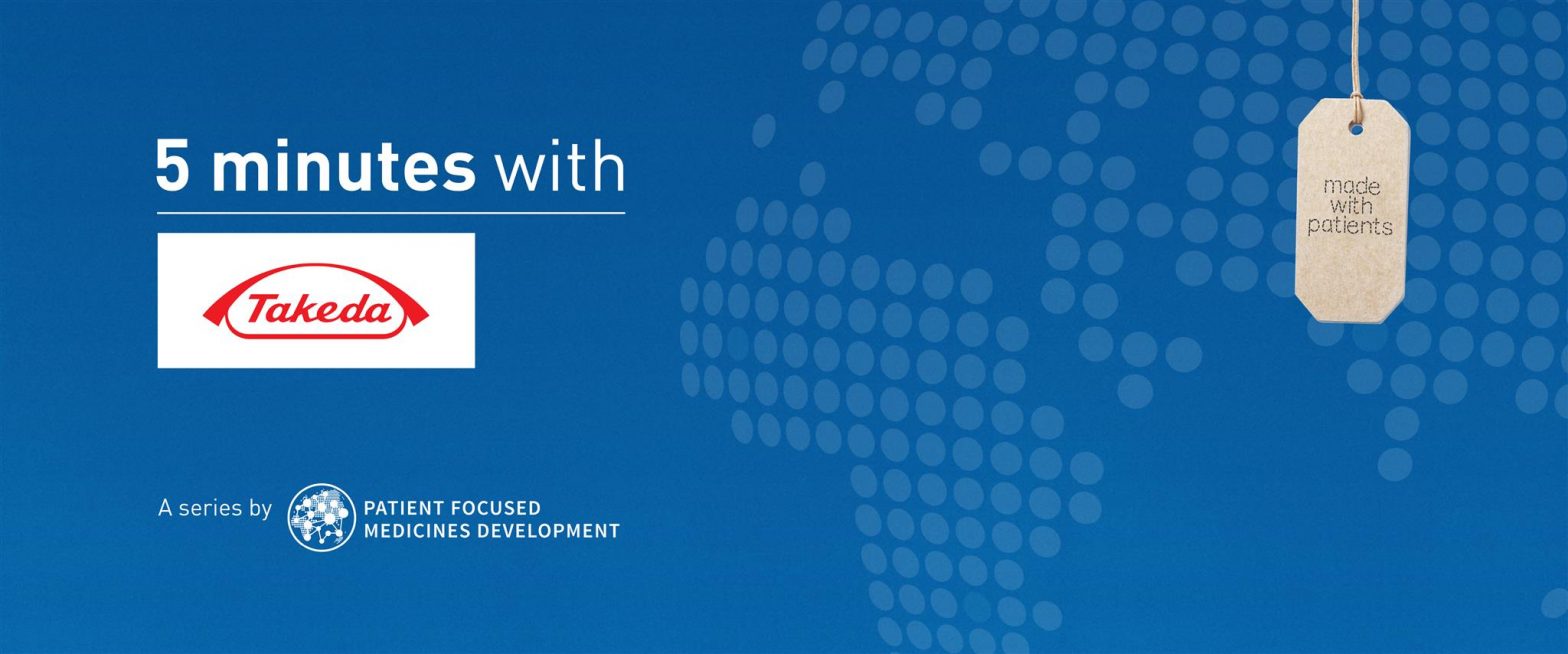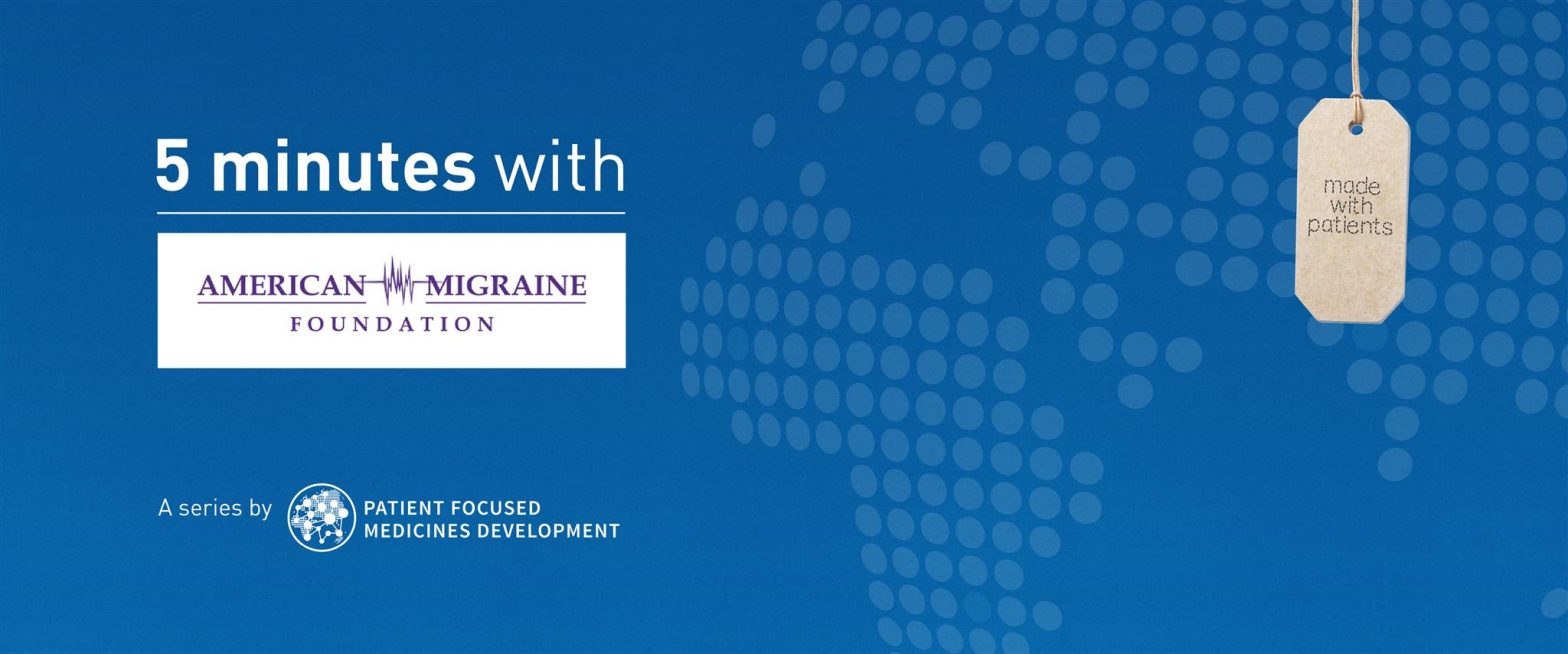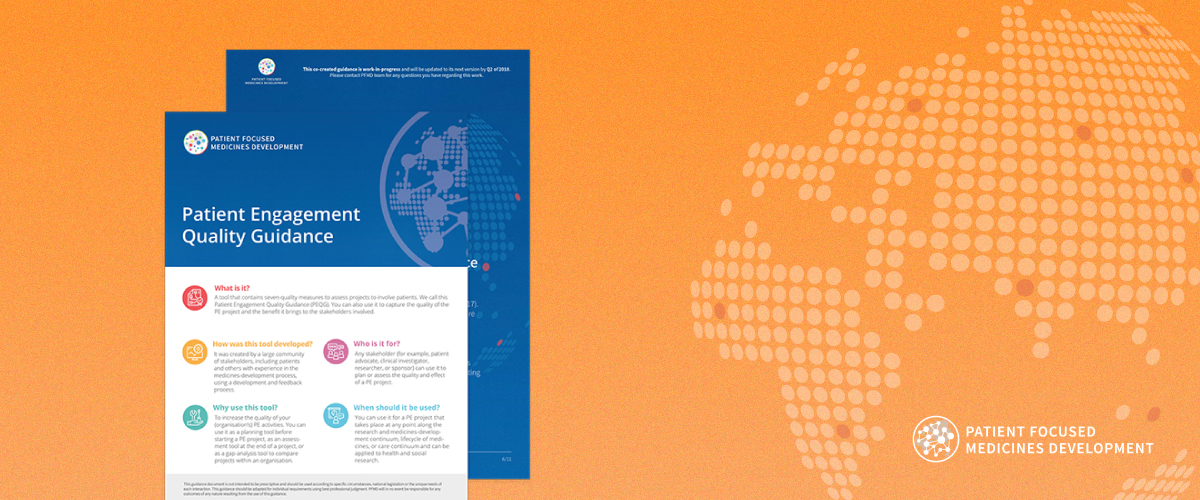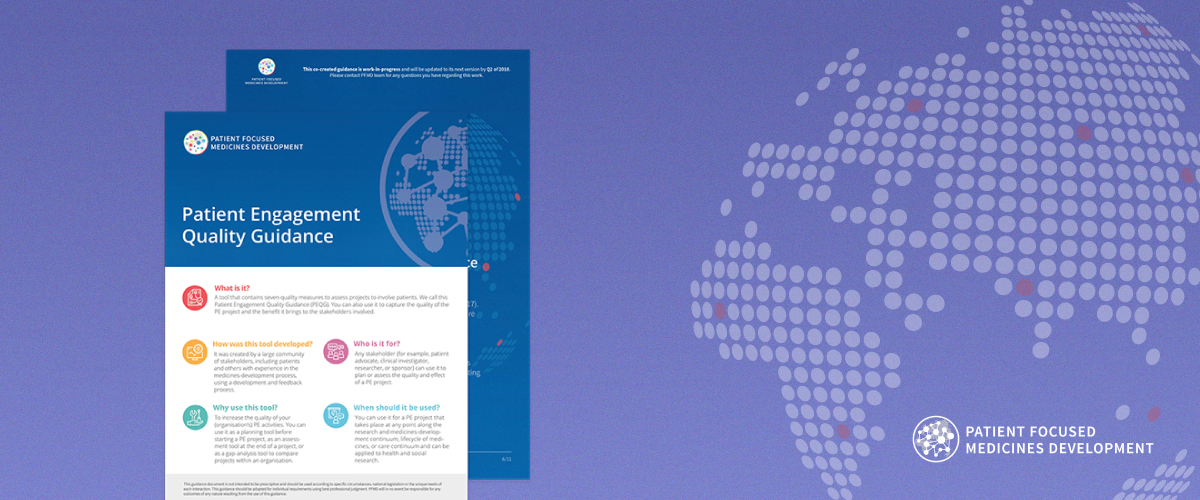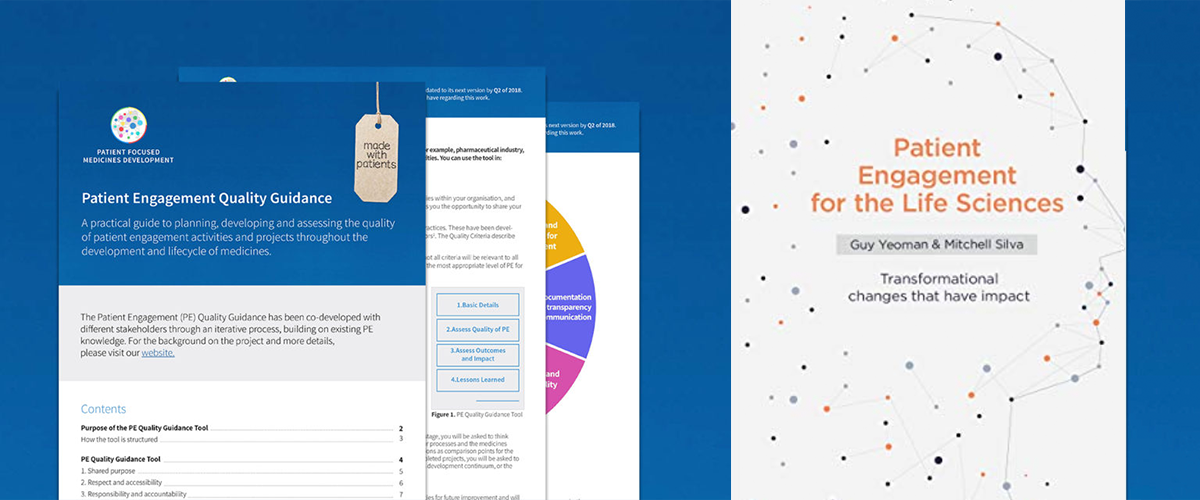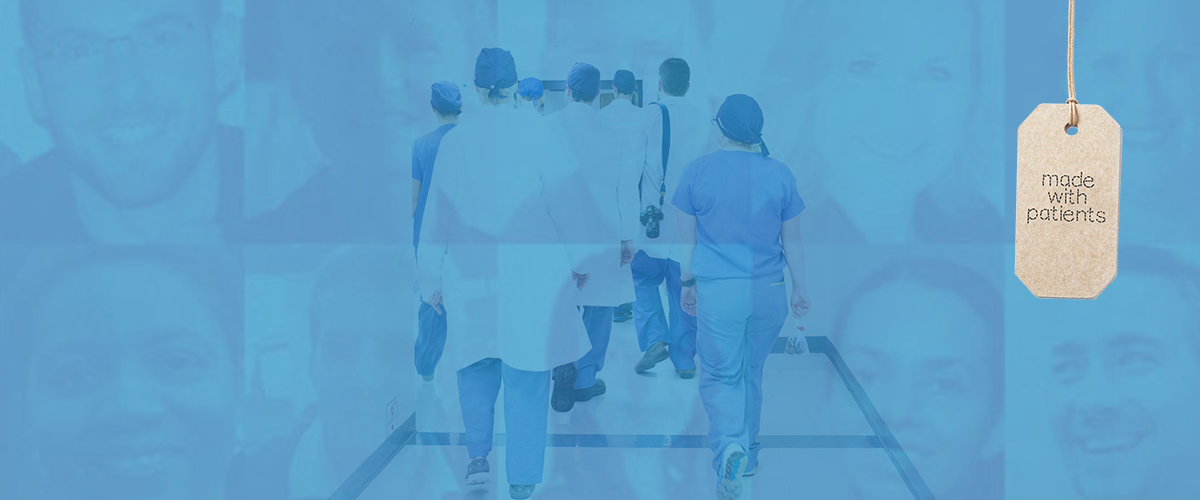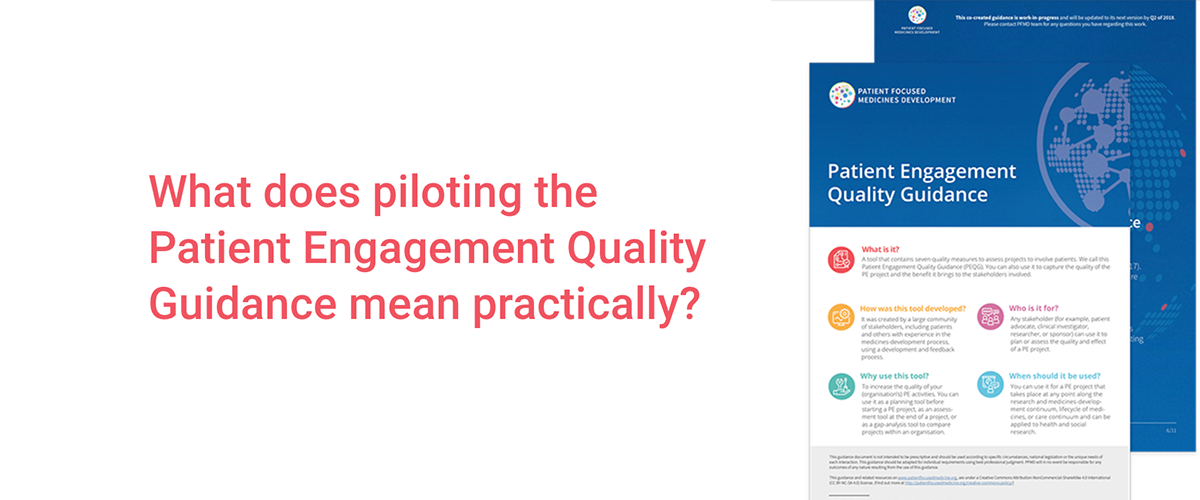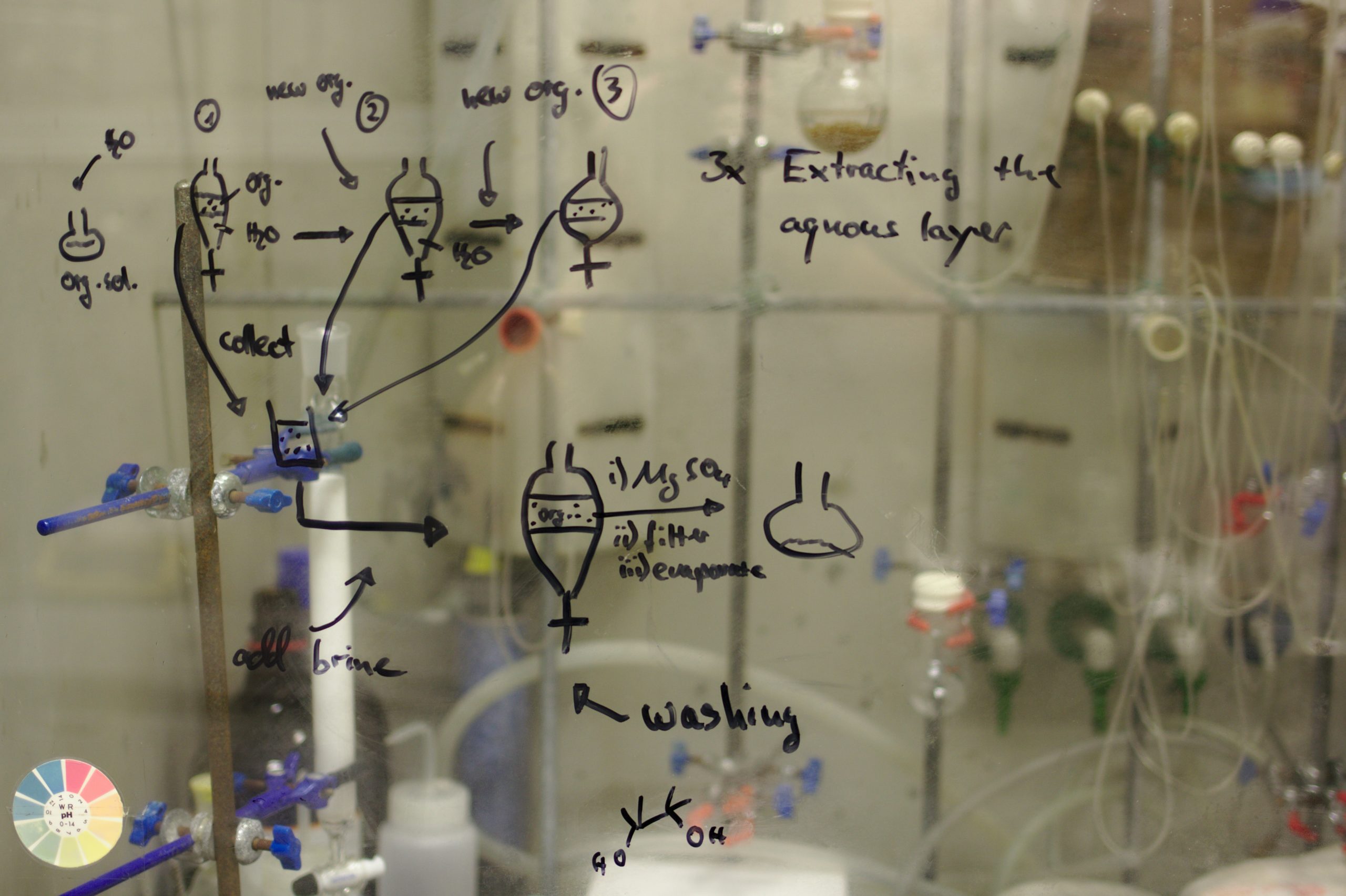Due to COVID-19, patients have faced cancelled clinic visits and disruption to clinical trials. The Arthritis Foundation is working to support them through the crisis, despite significant challenges to its fundraising events
The declaration of the COVID-19 pandemic in March 2020 marked the beginning of an uncertain period for patients. People living with arthritis found their care changed in several ways. Clinic visits were curbed, surgeries were postponed and doctors were redeployed to frontline services.
The impact on clinical studies was significant, says Nick Turkas, Director of External Affairs at the Arthritis Foundation. ‘All of the studies we support were paused,’ he says. ‘The orthopaedic procedures that our clinical studies revolve around were considered non-essential, and orthopaedic surgeons were sent home. Many of our rheumatologists were recruited to help with their healthcare systems’ COVID efforts.’
Some studies are now recommencing but clinical trials research funding, as well as support from regulators and public health bodies, remain stretched as the pandemic continues to rage. ‘This means delays in regulatory guidance and approvals for therapeutics,’ Nick explains. In addition, existing drugs used in arthritis patients, including hydroxychloroquine, were in short supply early in the pandemic due to their experimental use in treating Covid-19.
As in many therapeutic areas, many arthritis patients quickly embraced telemedicine tools to avoid ongoing breaks in their care. This shift is likely to be permanent for some patients, helping to reduce clinic visits while maintaining continuity of care.
For the Arthritis Foundation, supporting patients in adapting to a dynamic situation became a daily task. At the same time, its usual calendar of patient events and fundraising activities were cancelled, depriving patients of in-person support and denying the organization a key source of revenue.
‘All events were cancelled, postponed, or virtualized,’ says Nick. ‘This was a big blow to those patient communities. Engagement activities like camps and support groups could not be held. Cancelling the juvenile arthritis camps was an especially big blow as kids rely on the camps to connect with peers, receive support and gain education.’
There are some silver linings, however. While online meetings of the scientific community came with logistical challenges initially, and Zoom fatigue set in after months of online-only contact, the Foundation sees some benefits in virtual meetings.
‘We are now outperforming attendance expectations compared to events in the physical world,’ he says. ‘It seems that the quality of speakers has improved because of the flexibility in scheduling and lack of travel requirements.’ As a result, events which might have attracted an audience of around 150 people in a conference hall can now draw more than 750 people online.
‘Our ability to fundraise via in-person events is still a real concern,’ says Nick. ‘That said, we remain committed to providing resources to our constituents and have set up a dedicated online hub, Care & Connect.’
Looking to 2021, patient groups like the Arthritis Foundation will hope to see the backlog of surgeries cleared and research activities recommence in earnest. To ensure they can meet the needs of the patients that rely on them, sustainable funding will be essential.










